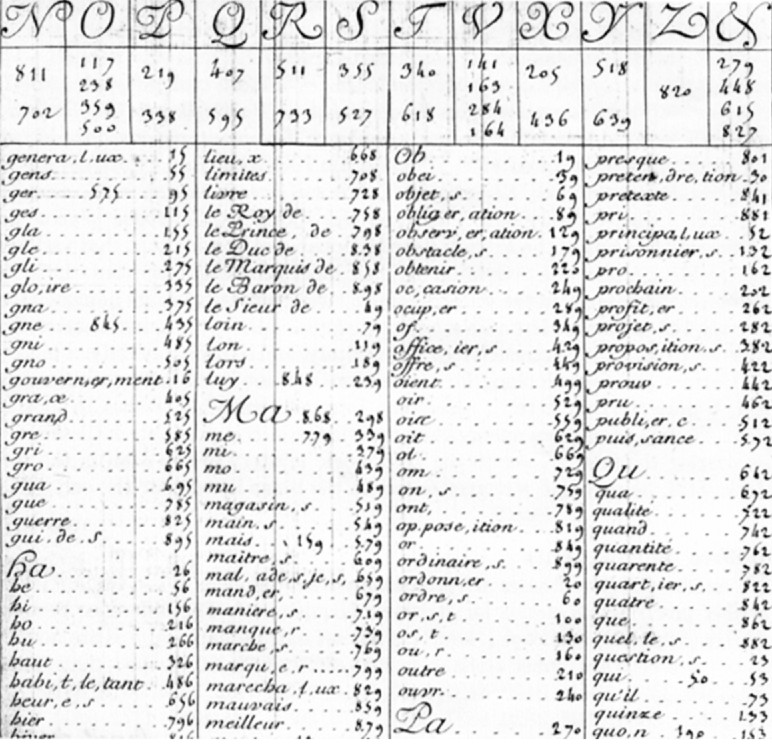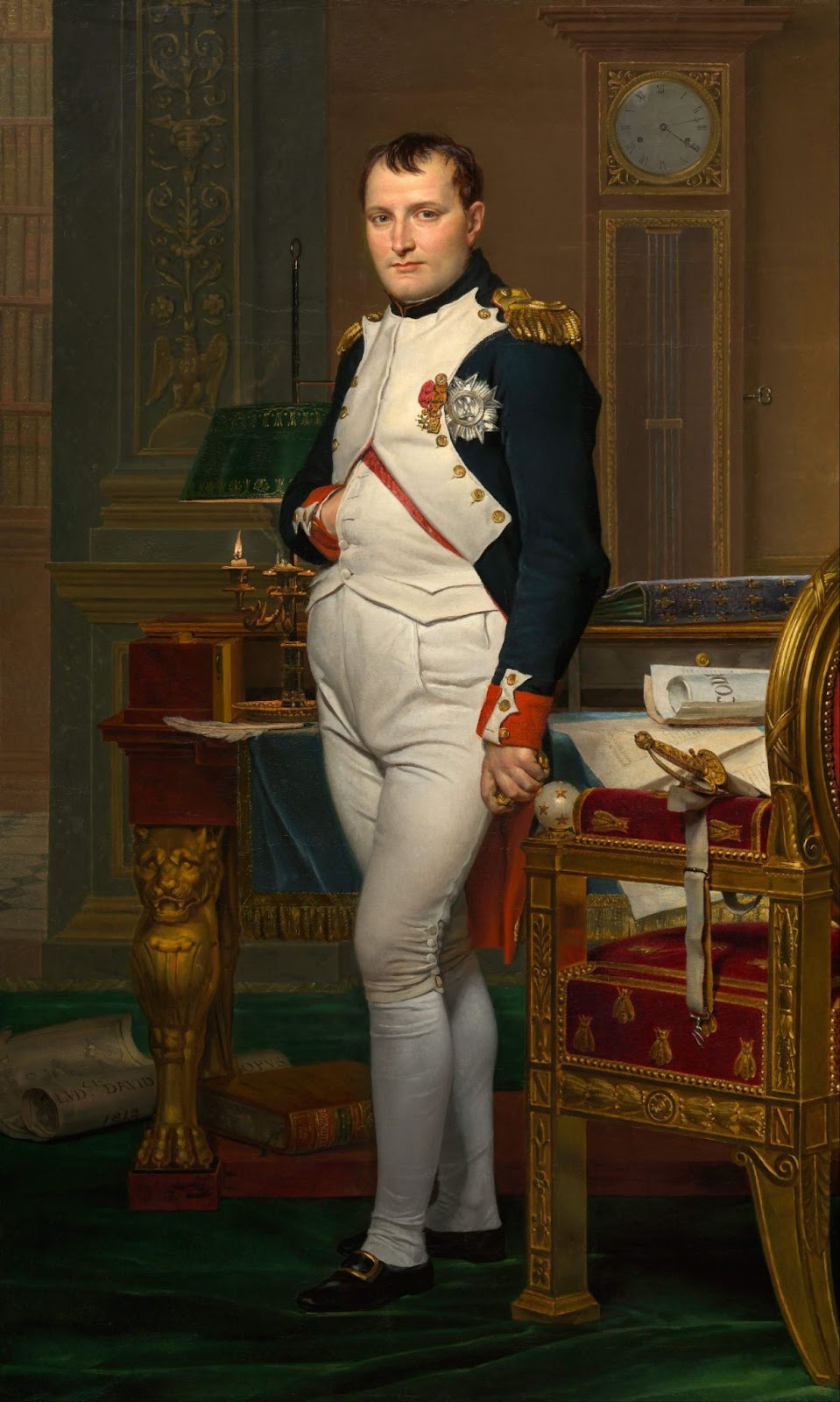5
minute read
.jpg)
Napoleon's Briefcase
Beyond battlefield triumphs, Napoleon deployed intelligence networks, revealing a mastermind who understood the impact of information (and disinformation) on the fate of nations. Here are three sneaky tactics Napoleon used against his foes.
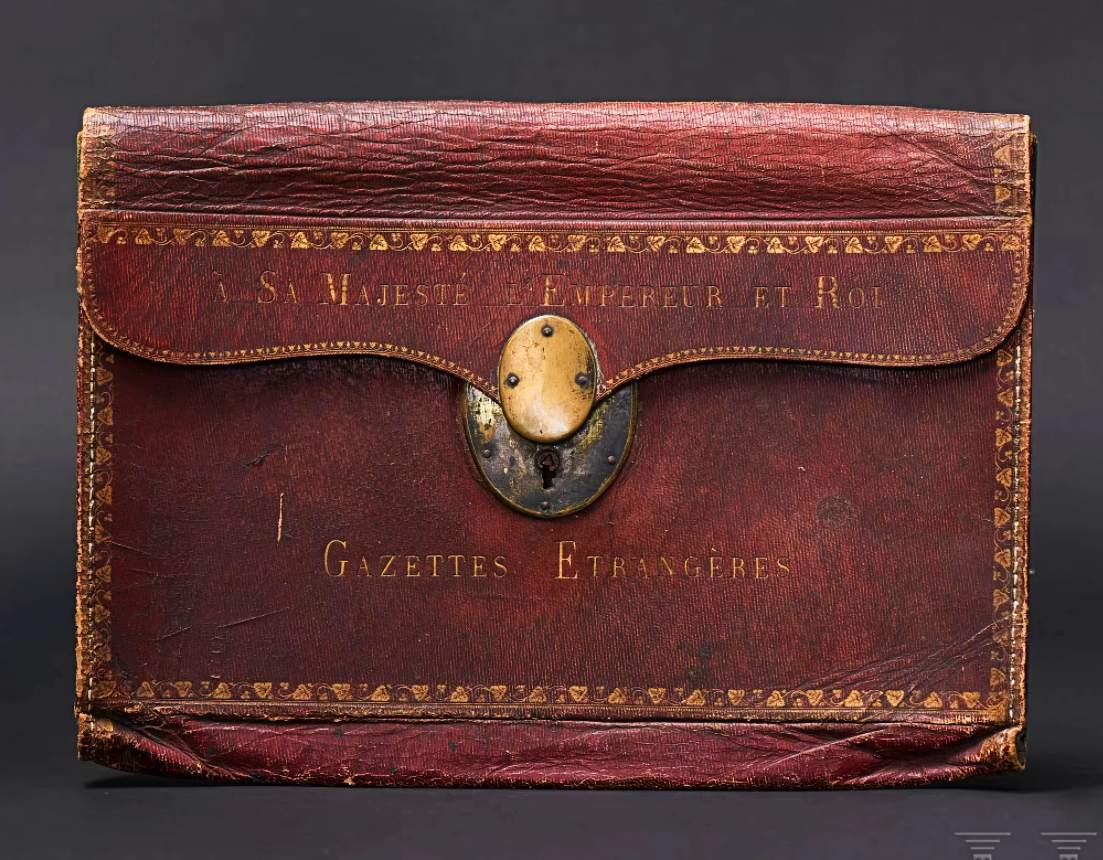
Napoleon’s Gazettes Étrangères portfolio
Each morning, Napoleon Bonaparte awaited the clandestine delivery of his mysterious red-leather portfolio by Count Lavalette, the Postmaster-General overseeing the Black Chamber within the French post office. The emperor's prized case secreted newspaper clippings and daily reports from discreet agents as well as copies of private correspondence. Each day, French codebreakers and stenographers within the Black Chamber meticulously copied, deciphered, and resealed correspondence bound for foreign embassies and deposited the copies in Napoleon’s Gazettes Étrangères, creating an atmosphere where even the risky act of sending a letter became an exercise in prudence and counterintelligence.
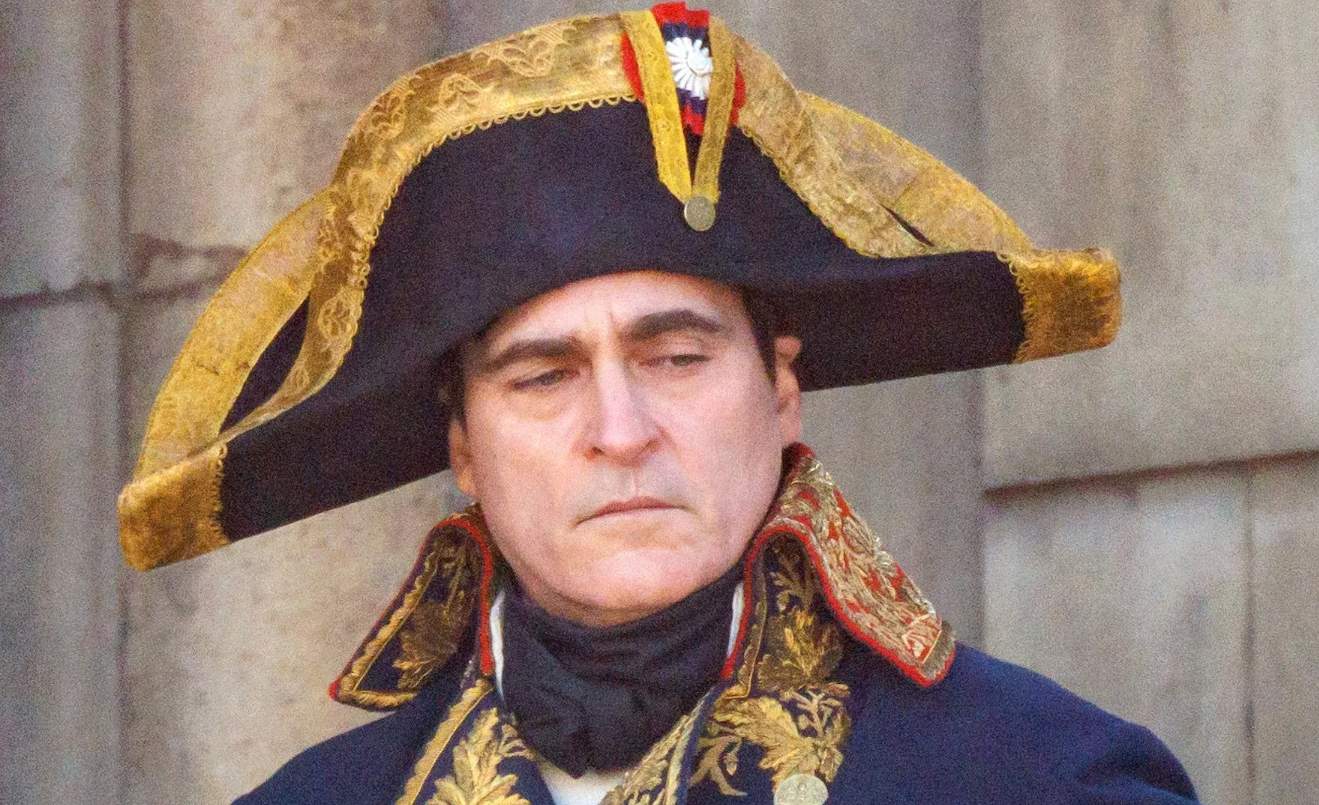
Napoleon's Legend
Joaquin Phoenix's portrayal of Napoleon Bonaparte as a brash military leader is vividly depicted in Ridley Scott's thrilling biopic. Even today, the French Emperor is lauded for his military strategy and interest in espionage, recognizing their power to shape history.
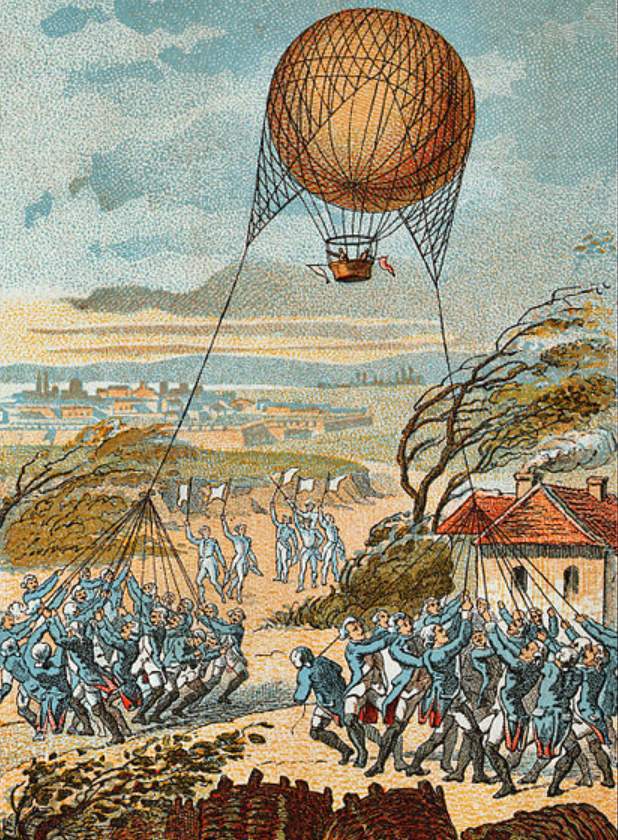
France’s Spy Balloon
Long before China’s spy balloon drifted across America in early 2023, there was the French Aerostatic Corps, founded in 1794 and widely believed to be the world's first balloon unit. The Corps using balloons primarily for reconnaissance and spying. In May 1794, equipped with the balloon L'Entreprenant (The Enterprising), the Corps joined troops at Maubeuge, initiating reconnaissance activities during an enemy bombardment. Subsequently, the corps moved the balloon to the plain of Fleurus, playing a pivotal role in the Battle of Fleurus on June 26, where the balloon remained afloat for nine hours, providing crucial intelligence to the French Army through signals and notes dropped from the balloon. Despite the French victory, opinions on the effectiveness of the balloon corps were mixed.
In 1799, Napoleon disbanded the Corps but it was never far from his thoughts. Five years later, in 1804, Napoleon considered invading England by landing troops transported by balloons but consulted his Aeronaut of Official Festivals, Sophie Blanchard, who said the invasion would likely not succeed due to the unpredictable winds in the English Channel.


